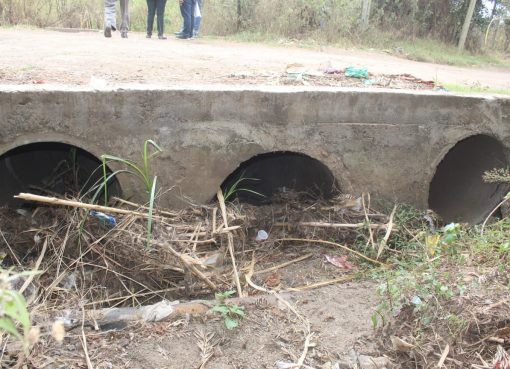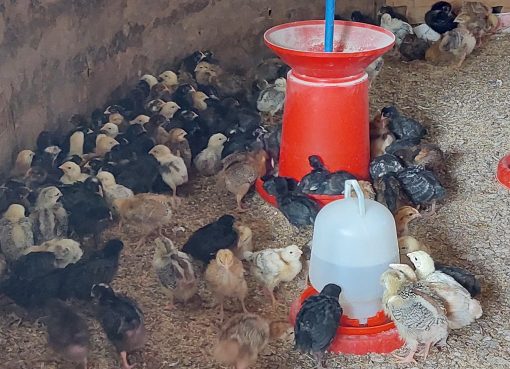The Canadian government plans to inject a total of Sh3 trillion to scale up supply and utilization of precooked beans for food and nutrition security and help boost environmental conservation in East Africa.
Speaking during a workshop organized by Kenya Agricultural and Livestock Research Organization (KALRO) at the Gelian Hotel in Machakos Thursday, International Development Research Center (IDCR) country director Dr. Kathryn Toure said the research which is currently being undertaken in Uganda and Kenya is expected to be rolled across Africa once it succeeds.
Toure said the aim of the study is to ensure the 200,000 households that depend on beans as their daily meal will cut down on fuel consumption and the time used while preparing the popular legume which is ranked as the second largest crop by area in Kenya.
“At least 200,000 households in Sub Saharan Africa (SSA) depend on beans for nutrition and as their daily meal. Researchers in Kenya and Uganda are now working on the precooked beans study to help families save on fuel and the time taken to prepare beans,” she said.
Through the Cultivate Africa Future (CultiAF 11) initiative, IDRC intends to engage private manufactures, banks, farming groups into the plan before it is rolled out into individual households.
So far, KARLO and IDRC scientists working in partnership with International Centre for Tropical Agriculture (CIAT), Caritas Homa Bay and the Australian Center for International Agriculture Research (ACIAR) have zeroed in on 11 bean verities, out of the original 40 that were undergoing research to be employed in the second phase of the research.
“Researchers had picked 40 varieties of precooked beans to see which ones were best suited in this exercise. Eventually they zeroed in on 11 varieties which I understand will be undergoing through this innovation,” she added.
Dr. Lusike Wasilla, a plant pathologist from KARLO headquarters says the demand for beans in the country was still unmet with the produce being ranked the first most important legume in the country.
Dr. Wasila points out that with a total of 22.5 billion US dollars being used globally to support agriculture research in nutrition, there was need to invest in value chain in beans, especially with the realization that about 200 million people rely on the legume as a food source across Africa.
“Beans are ranked as the first most important legume in Kenya with each person estimated to consume between 50 to 60 kilograms of the legume per year. This demand is expected to increase at the rate of 1.67 per cent per year in the entire Sub-Saharan Africa towards with each succeeding year,” she said.
She blames lack of quality seeds, mismatch of varieties, farmer preference and lack of advanced agronomical practices as some of the leading causes to low yields in bean production in Kenya and has called for enhanced efforts to promote the new project through leveraging on public –private partnership in both Kenya and Uganda.
“By 2030 about 60 per cent of the population will be residing in cities .We must plan on how to provide food for these people. We need to put research into use to achieve this and as researchers we have the highest impact on production which should be channeled to the public through dissemination of information in a manner that can be accessible to all,” she said.
The brains behind the CultiAF 11 precooked bean project believe the program will eventually contribute to food and nutrition security, income and employment for small scale producers and consumers, while at the same time aiding in environmental conservation as less time and energy will be employed in preparing the beans for eating.
Already, KARLO has identified a private factory in Nyanza region that is producing the beans on a small scale before distributing them to learning institutions for the piloting process.
On average, production stands at 100 kilograms of precooked beans per day, a figure which is expected to rise to a ton per month once the entire scheme finally takes shape.
By Samuel Maina




